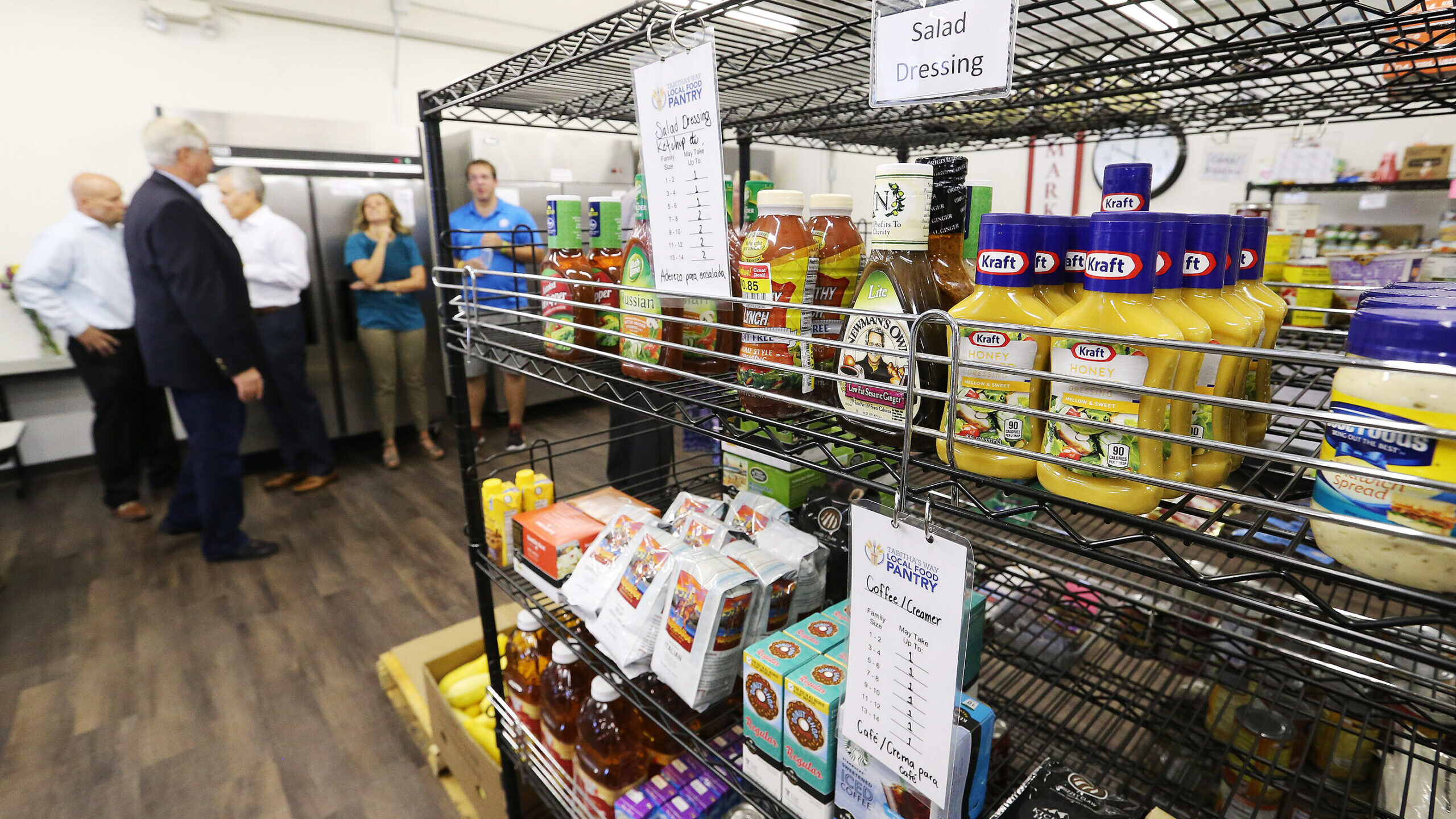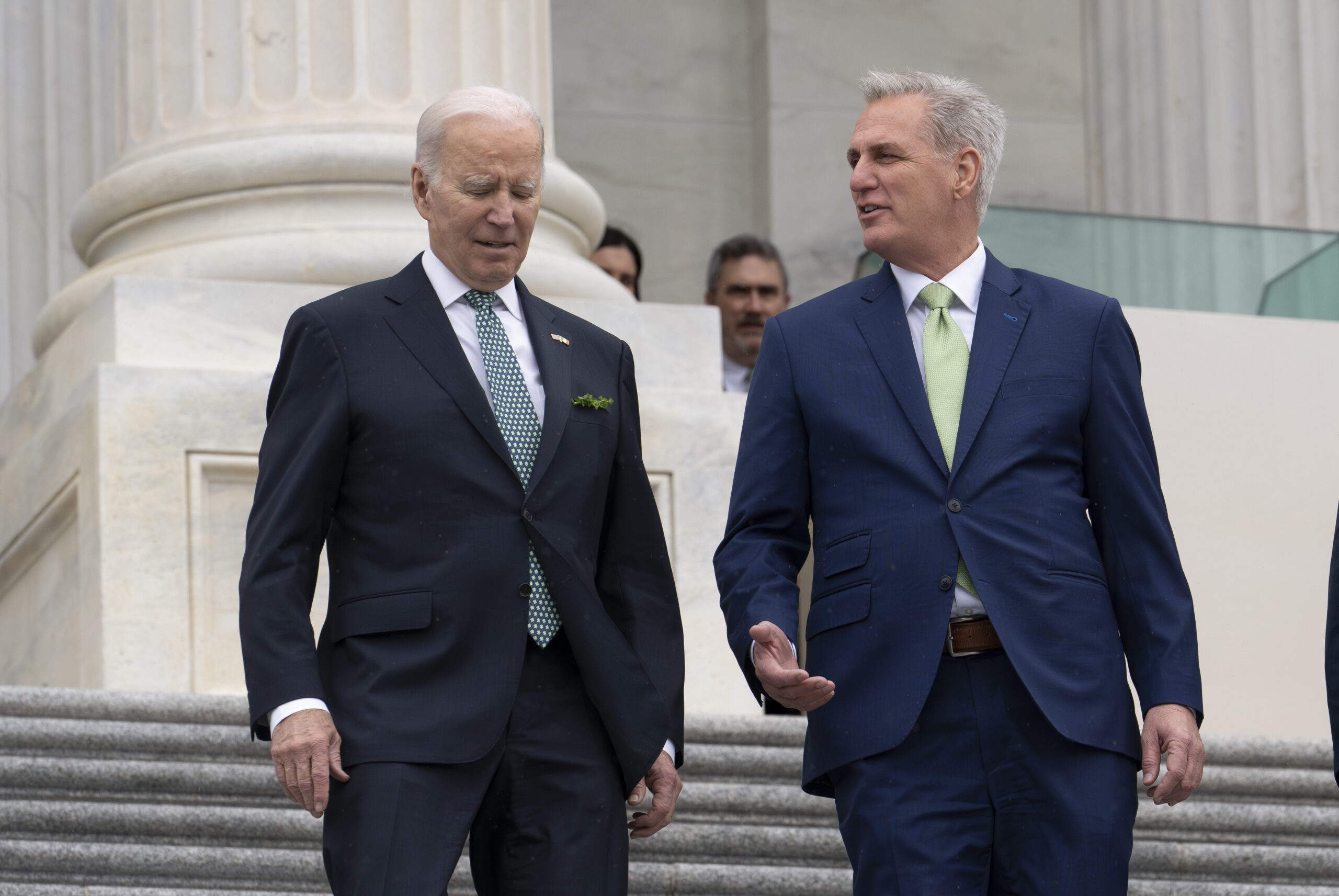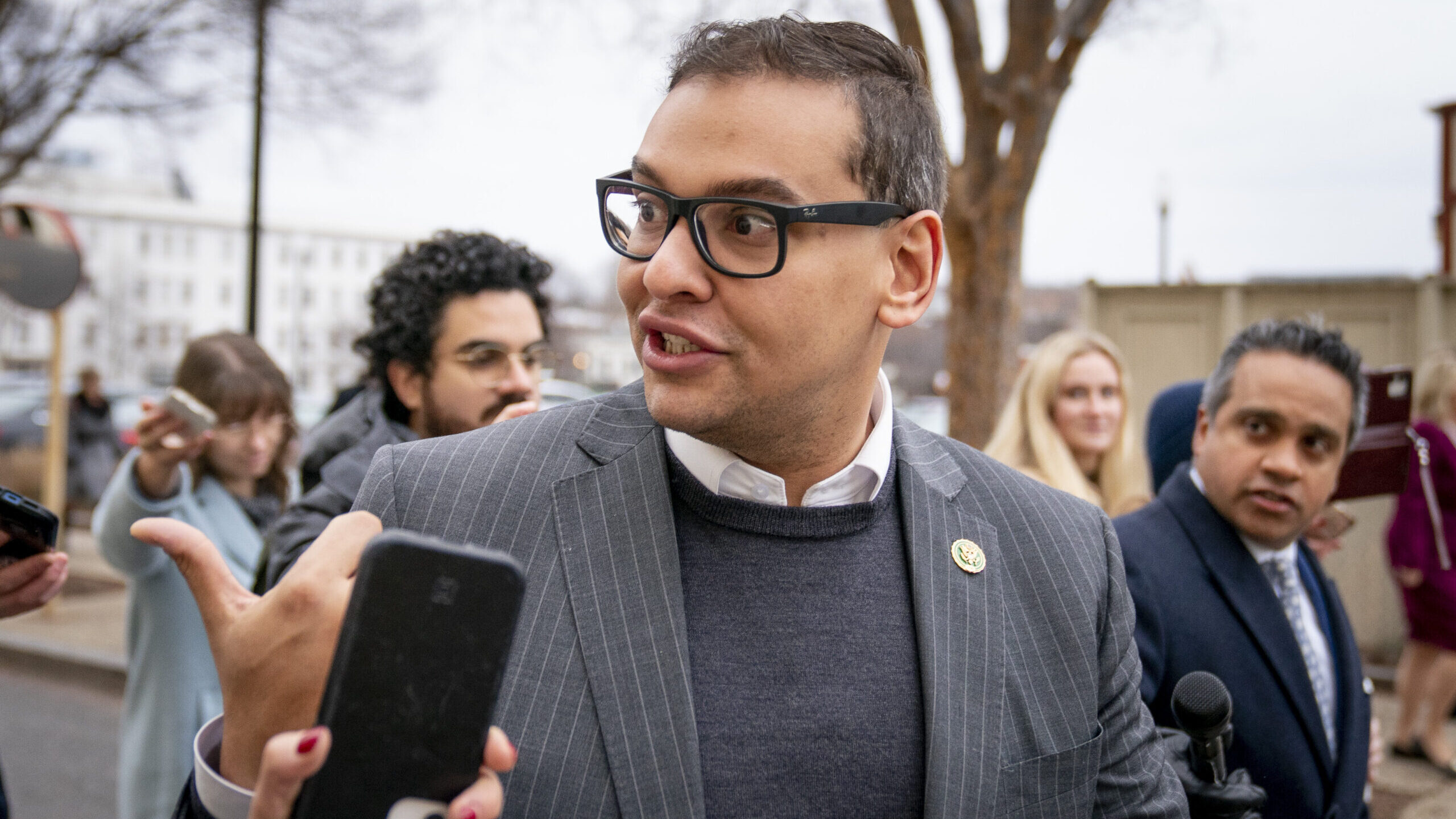DAVE & DUJANOVIC
How is the Medicaid bill the Senate passed different from Proposition 3?
Feb 6, 2019, 1:50 PM | Updated: 2:18 pm

People show their support for full Medicaid expansion during the Rally Against Repeal at the Capitol in Salt Lake City on Monday, Jan. 28, 2019. (Photo; Kristin Murphy / KSL)
(Photo; Kristin Murphy / KSL)
The Medicaid bill expected to replace Proposition 3 passed through the Senate on Monday, and while it still has to pass through the house, most are predicting that it will become law.
Not everybody, however, is happy about the change. The bill has been accompanied by a firestorm of controversy, with many supporters of the original proposition saying that, in passing it, the Senate has effectively ignored the will of the people.
“We voted for [Proposition 3],” one protester told the Deseret News. “They need to implement it.”
The Republican Senators who supported the new Medicaid bill, however, insist that they are simply trying to find a way to implement a Medicaid expansion that fits the state’s tight budget.
The details of bills and budgets can get extremely complicated, and, in a case like this one, it can be hard to tell who’s right and who’s wrong. Here, however, is our attempt to break this down in the simplest language possible so that you can understand exactly how and why Proposition 3 is being changed – and decide for yourself whether it’s a good idea.
Proposition 3 and the budget

Proposition 3 would have offered Medicaid coverage to Utahns under 65 living at 138 percent of the poverty line. (Photo: Laura Seitz / Deseret News)
Proposition 3 promised to expand Medicaid coverage to every person under the age of 65 living at 138 percent or less of the federal poverty level.
That means that, under current federal poverty guidelines, it would given Medicaid to individuals earning $17,263 or less For those with children, a family of four would have earned coverage if their income was $35,535 or less. In total, that was expected to open up health coverage to 150,000 people.
90 percent of the costs were to covered by the federal government. Under the Affordable Care Act, the federal government only requires states to pay for 10 percent of a health care plan like this one. According to original initiative, the state would have covered those costs by increasing sales taxes from 4.70 percent to 4.85 percent.
The problem with the plan, according to lawmakers, is that, even though the state only has to cover 10 percent of the expense, they still can’t afford it. The planned sales tax increase, according to Sen. Jake Anderegg, only would have covered about 25 percent of the total costs, and the initiative simply didn’t offer any suggestions on how to cover the other 75 percent.
The new bill, Republican senators say, is the state trying to find a way to make up that extra 75 percent of the expense.
“It’s like if you tell your kid you’re going to buy him a new car and he wants a Lamborghini and you can afford a Ford,” Sen. Todd Weiler told KSL Newsradio’s Dave & Dujanovic. “We’re required to balance our budget.”
Perhaps the obvious solution would have been to increase sales taxes by even more. Sen. Weiler, however, says that so many programs rely on those taxes for funding that getting the extra funding that way would carry a lot of risks.
“Sales tax has historically been very volatile in Utah,” he says. “What we don’t want to do is wake up five years from now and we’re cutting teachers’ salaries because of Medicaid expansion.”
SB 96: The Medicaid bridge plan

File photo of Sen. Allen Christensen, who sponsored the bill that is expected to replace Proposition 3. (Photo: Rick Bowman /Associated Press)
Instead, the Senate has voted to replace the Medicare Expansion initiative with a new bill drafted by Sen. Allen Christensen. Their bill extends Medicare to more people in a way that its supporters say is fiscally responsible – but it only covers about two-thirds as many people as Proposition 3.
Christensen’s bill expands coverage to Utahns whose incomes are at 95 percent of the federal poverty line instead of 138 percent. To receive Medicaid coverage under the new bill, an individual would have to earn $11,865.50 or less, while a family of four would have to earn $24,462.50 or less.
Other restrictions have been added, as well. Only those who are either employed or actively seeking employment will be covered under Christensen’s bill. It will also add an as-of-yet undetermined per capita cap that would set a hard maximum on how much the state is willing to invest into health care coverage. The result is that about 100,000 people are expected to qualify for coverage under the new plan.
Those other 50,000 people, Republican Senators say, won’t exactly be left in the lurch. “They’re already receiving subsidies under the Affordable Care Act,” Sen. Weiler says. “The most vulnerable two-thirds are getting covered under this plan.”
Critics of the bill, however, say that Christensen’s bill will actually cost the state more money than Proposition 3 would have.
Proposition 3 relied heavily on the federal government covering 90 percent of the costs, but there’s no guarantee that they’ll be willing to do that for Christensen’s plan. The state will have to receive waivers from the federal government to get any help paying for the plan at all, and even then, they are only asking the federal government to cover 70 percent of the expenses, leaving 30 percent of the cost right in the state’s budget.
Republican lawmakers say that they plan on convincing the federal government to cover 90 percent of the cost down the road, but in the meantime, they’re planning on covering the gap primarily through taxes. Not only will they increase sales taxes to the 4.85 percent rate proposed in Proposition 3, but they will also be covering an extra $30 million in funding through other sources, including a $15 million hospital tax.
“What the Senate wants to do … is cover fewer people and spend more money doing that,” Brook Carlisle, the Utah Government Relations Director for the American Cancer Society Cancer Action Network, says. “We just don’t think that makes a lot of sense.”
Another concern is that there is no guarantee that the federal government will approve the waivers the state needs to implement this plan. Some believe that, when the state asks the federal government to help pay for Christensen’s Medicaid bill, the answer will be a flat-out “no”.
No state has ever received approval for this sort of waiver, Carlisle says, and that includes Utah. In the past, Utah has applied for a similar Medicaid expansion waiver from the federal government. They did not receive any response.
If the federal government doesn’t approve the waivers in Christensen’s plan, that state of Utah will be on the hook for a lot of expenses. “If they don’t give their permission and we cut it down to 100 percent, then we are still paying three times as much to cover those people,” Sen. Raymond Ward has told KSL Newsradio. His math is based on the assumption that the federal government will at least agree to cover 70 percent of the cost, but even that, critics say, isn’t guaranteed.
Christensen, however, insists that he has spoken to Washington’s Centers for Medicare and Medicaid Services. They have assured him, he says, that there is an “excellent chance” his waivers will be approved.
SB 96 received its first reading before the House yesterday. Stayed tuned to KSL Newsradio for updates on the bill as the story progresses.
More to the story
Sen. Todd Weiler and Brook Carlisle spoke with KSL Newsradio’s Dave & Dujanovic to try to help them break down the Medicaid Expansion bill in the clearest language possible.
For a deeper understanding of the future of Medicaid in Utah, listen to what they had to say on the Dave & Dujanovic podcast:
Dave & Dujanovic can be heard weekdays from 9 a.m. to noon on KSL Newsradio. Users can find the show on the KSL Newsradio website and app, as well as Apple Podcasts and Google Play.














